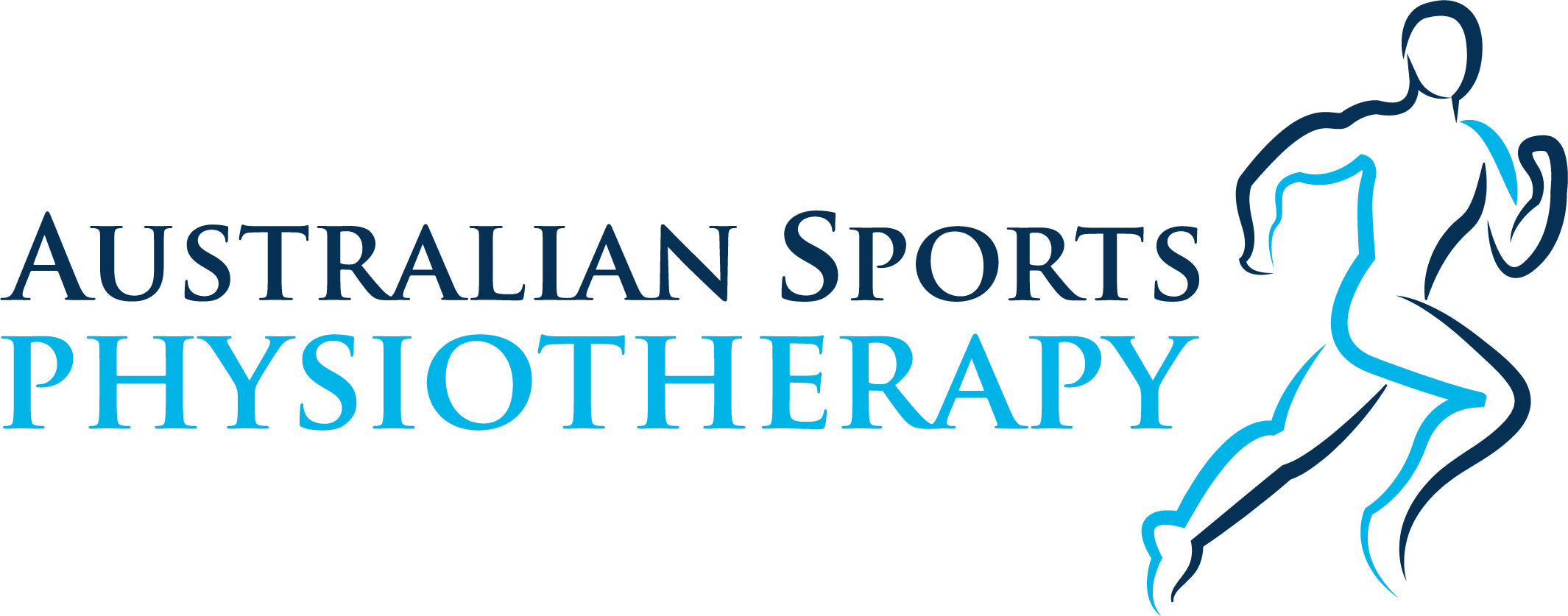Physiotherapy for Sports Injury Prevention
Injuries are a common occurrence in sports, but they don’t have to be! Sports injuries can not only affect your quality of life, but also affect your return to your game. If you’re lucky, they only last a few days or weeks, but for some people, it takes months or years to get back to their sport.
We’ve all heard stories about people who have been sidelined from sports due to injury. These injuries range from minor strains that heal in a few weeks, right through to right through to long term injuries where athletes are forced to make difficult decisions about their long term sporting career.
Let’s cover some common causes of sports-related injuries and how physiotherapy can help to prevent them from happening.
Common causes of injury in sport
Common causes of sporting injuries include overuse, poor biomechanics and reduced conditioning.
Overuse injuries typically occur in well-meaning athletes who are trying to improve their performance by training harder or longer than their bodies are conditioned for. They may suffer from aches and pains, yet they keep going because they don’t want to miss a session or let the team down or they don’t have the right training plan to stick to.
Typically, overuse injuries such as tendonitis or stress fractures are types of muscle or joint injuries that occur from repetitive trauma.
Several factors place athletes at a higher risk for injuries such as fatigue, previous injury, poor planning, training, or age.
It is also possible to sustain an injury due to poor biomechanics, in which athletes perform such movements incorrectly during athletic activities. This results in tissue strains or tears. Poor biomechanics is the leading cause of injuries.
As we age our muscles become weaker and our bones become less dense which can lead to reduced bone strength and increased susceptibility to stress fractures.
A previous injury may increase an athlete’s risk of re-injury.
How can injuries in sports be prevented?
Sports injury prevention is possible by adhering to a periodised training program, having adequate nutrition and sleep, maintaining good hydration levels as well as ensuring the correct equipment is worn/used at all times for your sport.
An optimal periodised training program involves planning a sports season in blocks that allow for sufficient time to build strength and power, implement conditioning methods (endurance/aerobic fitness), and include specific sport skills into the overall plan.
Maintaining good nutrition is vital for all athletes regardless of sport. The body requires proper nutrition to build and repair muscle tissue, transport oxygen and other vital nutrients around the body along with maintaining adequate hydration levels.
Finally, having the correct sports-specific equipment, footwear, and protective gear is essential for any sport. The incorrect shoes or protective equipment can cause injury if used in a sports activity. Ensuring you have the most up-to-date clothing and equipment will prevent injuries by limiting risks and allowing you to focus on performing your best.
Does physiotherapy prevent injury?
Physiotherapy is a great way of preventing injuries since most sports injuries happen when there is an imbalance between muscle strength and weakness.
Physiotherapists assess the biomechanical function of athletes to correct any movement patterns that may contribute to a future injury.
It is important for athletes to improve their strength, flexibility, coordination, speed, and power in order to prevent injuries.
We can circumvent injuries by training smarter with proper movement patterns. This reduces the chance of an athlete picking up an overuse or biomechanical injury.

What is preventative physiotherapy?
Preventative physiotherapy addresses and corrects muscle imbalances from training errors so athletes can avoid injury or re-injury. Athletes of all ages can benefit from some form of physiotherapy to prevent injuries in the first place.
All athletes are assessed for any biomechanical deficits that may cause a higher risk of injury in their sport. Once identified, a combination of corrective exercises and hands-on-treatment will be used to correct movement patterns and provide the athlete with the tools necessary to prevent future injuries.
Preventative physiotherapy programs target:
- Training load management and recovery.
- Promoting flexibility in both the major antagonist and agonist muscles.
- Targeted strengthening of gluteal and adductor muscles in the pelvic area.
- Strengthening and activating the core stability muscles.
The best way to prevent sports injuries is by finding a physiotherapist early on and getting them involved with your training program.
Final thoughts on Sports Physio Prevention
We know that sports injuries are a huge concern for athletes. This is why we make it our mission to help prevent these injuries before they happen.
Our sports injury prevention physiotherapy program takes a holistic approach to your training and workout routine. We work with you and your trainers providing guidance on proper movement patterns and training schedules.
Book an appointment with us today and get started on preventing your sports injuries before it’s too late!









